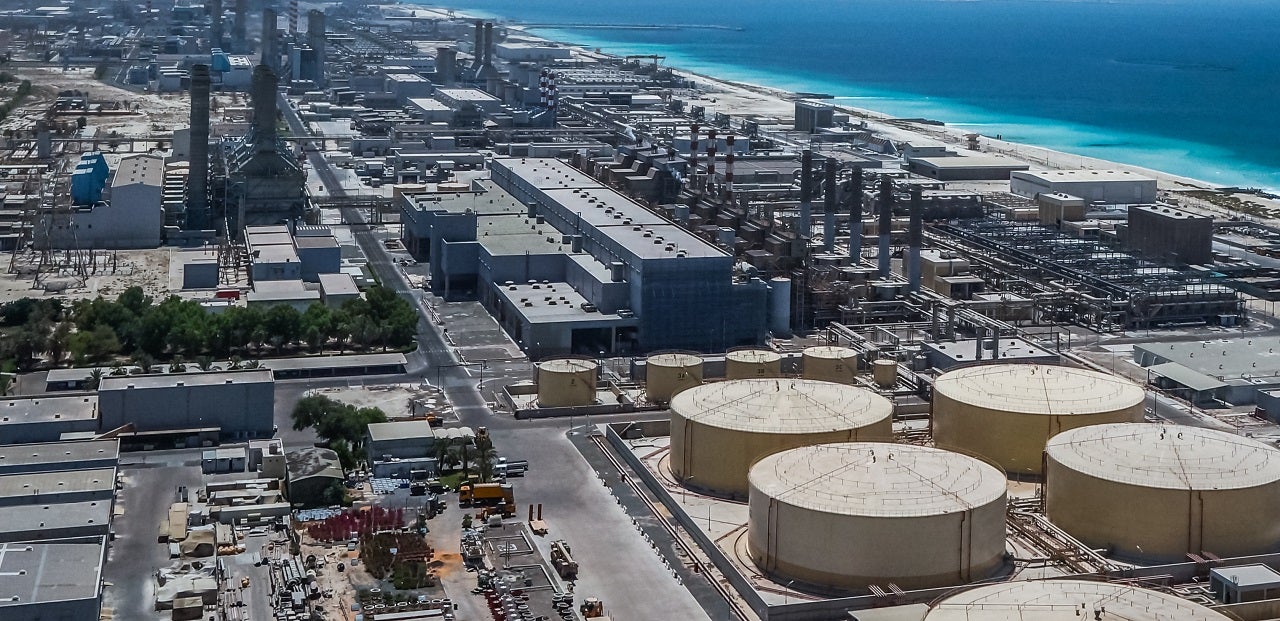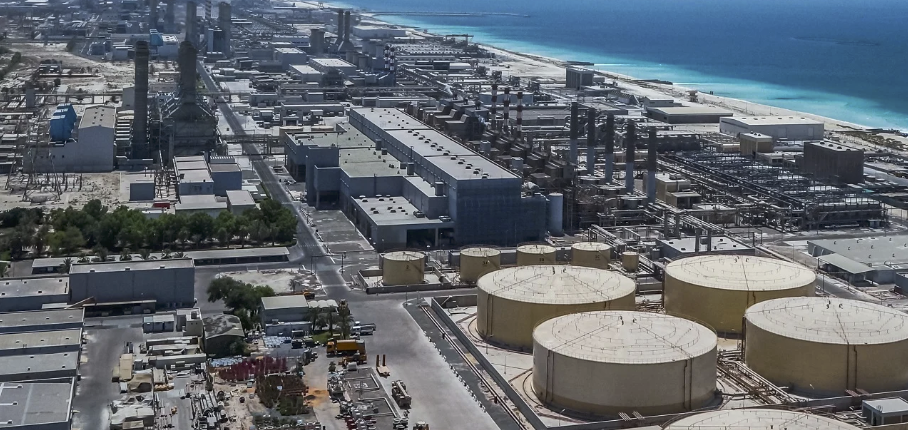
Egypt has announced its intention to build 21 desalination plants in the first step of a larger renewable energy project, said Chief Executive Officer of Egypt’s Sovereign Fund, Ayman Soliman. This initial phase has been allocated USD 3 billion in funds.
Given Egypt’s recent descent into water poverty, and its large dependence on the Nile for fresh drinking water, the alternative solution of desalination aims to “generate 3.3 million cubic meters of water daily in the first phase,” eventually reaching 8.8 million cubic meters once the programme gains momentum.
Egypt’s programme would have desalination built into infrastructure, ensuring that the quantities produced would far outweigh demand.
Soliman told Reuters that there has been extensive interest expressed by more than 200 developers across 35 countries. This comes following the COP27 climate conference, which was hosted in Egypt’s Sharm el-Sheikh earlier in November, and amid new 2025/2026 investment goals in green hydrogen projects.
Egypt has signed nine of 15 memoranda of understanding (MoU) for green hydrogen projects concentrated in the Suez Canal Economic Zone (SCZONE). These will aim to produce millions of tonnes of green hydrogen and ammonia.
According to Soliman, alongside MoUs that were “close” to being converted, several have been planned with cheap renewable costs and scalable export potential into Europe, effectively making Egypt competitive.
“This is not a competition. We are creating a pipeline or a blueprint for that process, aiming to start production in 2025-26 and all the developers are working backwards from there,” Soliman told Reuters.
The Sovereign Fund was established in 2018, with the aim of “attracting private investment in state-owned assets through partnerships and co-investments.”







Comments (3)
[…] The government is actively working to counter the effects of these developments through building water desalination plants, but any further pressure on the water supply would pose a challenge to […]
[…] The government is actively working to counter the effects of these developments through building water desalination plants, but any further pressure on the water supply would pose a challenge to […]